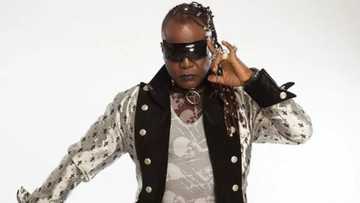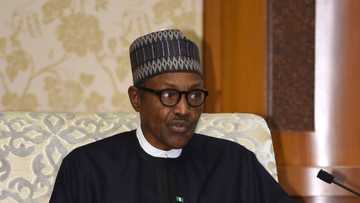Pre colonial administration in Igboland
Are you fond of the history of Nigeria? Our country has so many tribes and communities that each ethnic group can boast its history within Nigeria. For example, how much do you remember about pre colonial administration in Igboland? Let’s recollect some interesting facts about those times.

Pre-colonical administration in Nigeria
What was pre colonial administration in Nigeria like in the olden days? If you have been attentive while studying the history of Nigeria, you'll remember that the territory of our country was occupied by different ancient civilizations.
We will not talk about the times BC, we would like to discuss the pre colonial Nigeria before it was annexed by Britain in the middle of the 19th century and before it became independent in 1960. What was the pre-colonial rule in Igboland in the 17th and 18th centuries?

Igbo history before colonization
Was Igboland a democracy? Was it a dictator regime? These are the main questions asked by modern generations who study the history of Nigeria and are exploring Igbo history. There are many interesting facts about those times.
Reading Igbo history before colonization, you will learn that this ethnic group didn’t have one leader and its political system wasn’t based on one or several chiefs or a king. Such system even has its own name in books. Their society was acephalous, in other words, Igbo people preferred a system without any centralization. There was no particular hierarchy or leaders.
Igbo people preferred village by village rule as well as direct democracy and strong traditional beliefs of the tribes. All habitants could take part in discussions and help in making the final decision.
As you have understood, the pre-colonial rule in Igboland was focused inside villages. Each village was a ‘mini-state’ and people who lived there formed that old political unit. It was a prototype of democracy with Town Assemblies as their major political institution and Councils of Elders as their main political unit.

Pre colonial political administration in Igboland

Read also
This was the man who developed African writing system which the colonial masters destroyed (photos)
Every village in Igboland had a Council of Elders that carried legislative, executive and judicial powers. It consisted of representatives of every family that lived on that territory. Each representative had its own name in the council, which sounded like ‘Ofo.’
Of all the elders' members, there was a member respected by other the most. Usually, it was the wisest and most senior person who was called ‘Okpara’ and could gather meetings and be the judge if needed. However, he wasn’t treated like a king or Mr. Predisent. His voice wasn’t powerful and couldn’t make decisions without the voices of all the Igbo families in his village.
Let’s look at the political administration scheme of the council of elders:
- Ofo – heads of each family
- Okpara – the eldest representative of the council
The Council of the village was responsible for settling disputes and arguments, punish those people who disobeyed moral and behavior rules, etc. within its territory. It was autonomous from other villages, and its meetings were attended by all male adults who lived there.
READ ALSO: Igbo alphabet and pronunciation

Besides, there were several groups that formed different political institutions within the village:
- Ozo people – these were the most influential representatives of the village (usually, this title was awarded to the most popular and rich men)
- Age grade – these were male groups of the same age who protected their territory and were responsible for peace and duties
- Ala – these were priests who were mouthpieces of Igbo gods (Aro, Ogbaegbu, Amadioha, etc.)
It is interesting that Ozo and Ala could give advice to Okparas, provide assistance with maintaining law in the village and participate in all the meetings. However, none of these groups could perform judicial, executive and legislative functions on their own because these were collegial decisions only.
In old times, Igbo tribes didn’t follow ‘traditional’ forms of government in those centuries, such as Kingdoms and Empires. The Council of elders, groups of people (Ozo, Age grade, and priests) formed the Town Assembly called Oha-na Eze. In other words, everyone from the tribe ruled in their small villages and respected the beliefs and traditions of their ancestors.
You can notice that pre-colonial administration in Igboland reminded of a democratic republic where all the important roles were shared between families in the village.
READ ALSO: Origin of Igbo tribe in Nigeria
Source: Legit.ng





